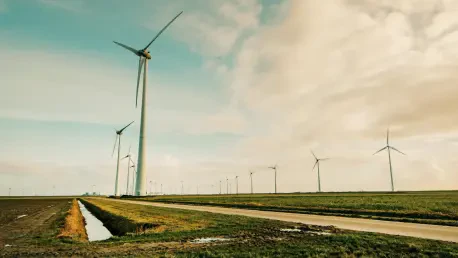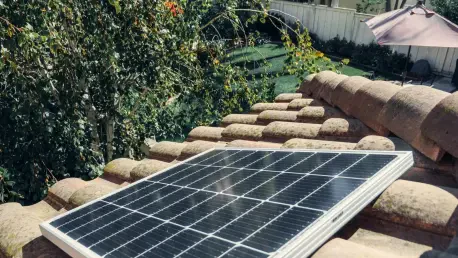
In a world increasingly focused on sustainability, one family's transition to electric vehicles (EVs) stands as a powerful example of how personal choices can align with broader environmental goals, inspiring others to follow suit. This story, shared through online communities, captures a relatable

Cambodia stands at a critical juncture in its pursuit of sustainable economic progress, with energy efficiency emerging as a linchpin for balancing rapid growth with environmental responsibility. As one of Southeast Asia’s fastest-developing nations, the country has witnessed unprecedented

Imagine a future where power grids across Europe no longer buckle under the strain of fluctuating renewable energy or extreme weather events, but instead operate with seamless stability thanks to cutting-edge technology developed by a Swiss green technology startup. Plan-B Net Zero is turning this

Texas has long been a powerhouse of economic activity and population growth, but recent trends in energy consumption are raising eyebrows across the nation, highlighting the urgent need for strategic planning. Despite a relatively mild summer a couple of years ago that avoided new records for peak

What happens when a monumental solar energy project, designed to light up millions of homes, stumbles over a single financial hurdle? In Andhra Pradesh, a southern state in India, a groundbreaking deal with Adani Green Energy teeters on the edge of collapse due to a fierce dispute over transmission

Bangladesh finds itself at a critical crossroads as a severe power crisis looms large, casting a shadow over its ambitious economic aspirations and energy security, with approximately 65% of its power supply tied to imported fossil fuels in the fiscal year 2024-25. The nation is increasingly